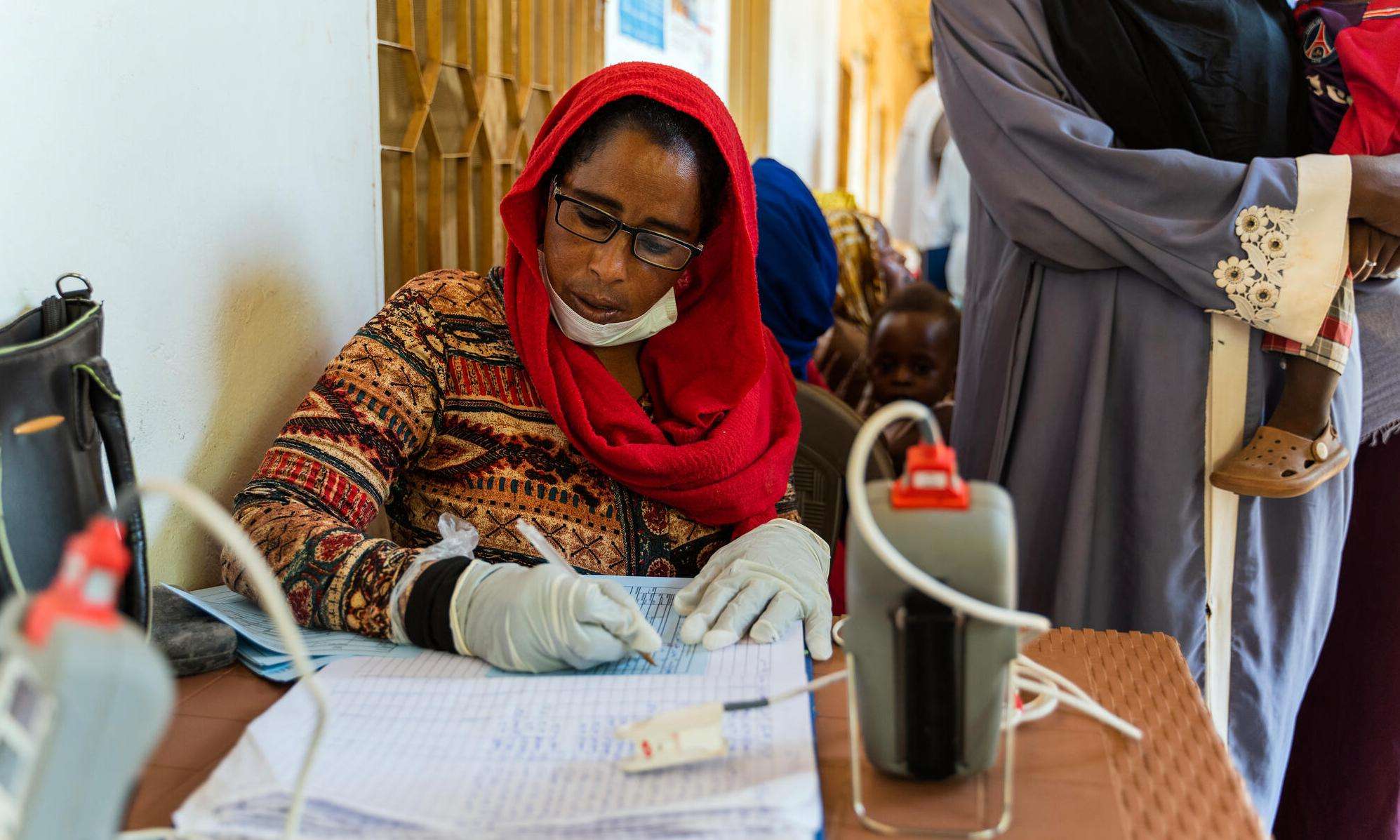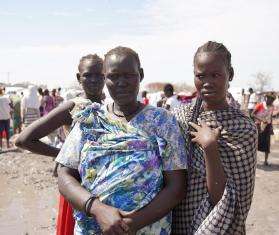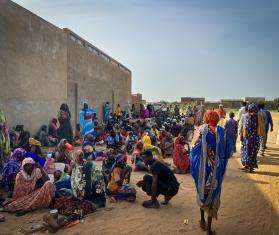PORT SUDAN, Sudan/NEW YORK, June 23, 2023—Both warring parties in Sudan are impeding desperately needed medical care, leaving people without treatment in the midst of a humanitarian crisis, Doctors Without Borders/Médecins Sans Frontières (MSF) said today, citing its own experience with movement restrictions, visa denials, threats and looting.
Violence and acute health needs persist across Sudan, especially in Khartoum and Darfur, as fighting continues between the Sudanese Armed Forces and the Rapid Support Forces for a third month. MSF medical and humanitarian teams work in 11 states of Sudan, but the warring parties are hindering many attempts to expand lifesaving activities, despite both sides' public commitments to facilitate humanitarian assistance.
“People are dying while the country’s health system buckles under the weight of overwhelming needs,” said Jean Nicolas Armstrong Dangelser, MSF emergency coordinator in Sudan. “By subjecting people to shocking levels of violence, or by restricting medical organizations from helping them, the warring parties in Sudan are showing a complete disregard for civilian lives.”
The conflict and widespread insecurity in Sudan are creating a desperate situation as people are affected by fighting, airstrikes, shelling, killings, sexual violence and criminality, and the health system is struggling to respond to immense needs.
However, authorities have repeatedly impeded the movement of humanitarian and medical staff and supplies between and within Sudan's states. MSF's requests for permits to travel have been delayed, rejected, rescinded or not respected, without clear reasons given. When permits were issued, MSF staff and supplies have sometimes been turned back by security personnel at checkpoints, with staff harassed, threatened or detained.
Javid Abdelmoneim, a Sudanese-British doctor who led an MSF medical team, described making daily attempts to obtain permission to travel from Port Sudan to areas with greater medical needs.
"Weeks later my entire MSF team, amongst them medical, logistical and operational colleagues, were still sitting in Port Sudan,” he said. They were ultimately unable to treat a single patient.
Authorities in some locations have indicated that armed escorts would be required for supplies, undermining the independence and neutrality of humanitarian organizations and staff and reducing the ability to move unimpeded.
Sudanese authorities have also issued significantly fewer visas than MSF needs to bring in sufficient staff, despite repeated applications and requests. Although some visas have been issued, the process is inconsistent and unreliable.
Although it is unclear whether these actions are a deliberate attempt to restrict humanitarian assistance, the result for the population is the same: reduced access to health care at a time when it is most urgent.
The work of medical and humanitarian organizations is furthermore being physically disrupted by both warring parties. MSF supplies have been confiscated, while armed groups have looted MSF facilities and beaten and threatened staff, especially MSF's Sudanese staff.
Since the outbreak of the conflict, MSF's teams in Sudan have responded to urgent medical needs, and continue to do so where possible. In five weeks, MSF surgical teams working in the Bashair Teaching Hospital in southern Khartoum treated 1,169 patients, over 900 of whom had suffered violent trauma.
Since the onset of the fighting, the MSF-supported hospital in El Fasher, North Darfur, carried out over 600 surgeries for war wounded people, or women requiring emergency obstetric care. Among other activities, MSF provides pediatric, malnutrition, and maternal health services, runs mobile clinics and provides medical and water and sanitation services to displaced people.




